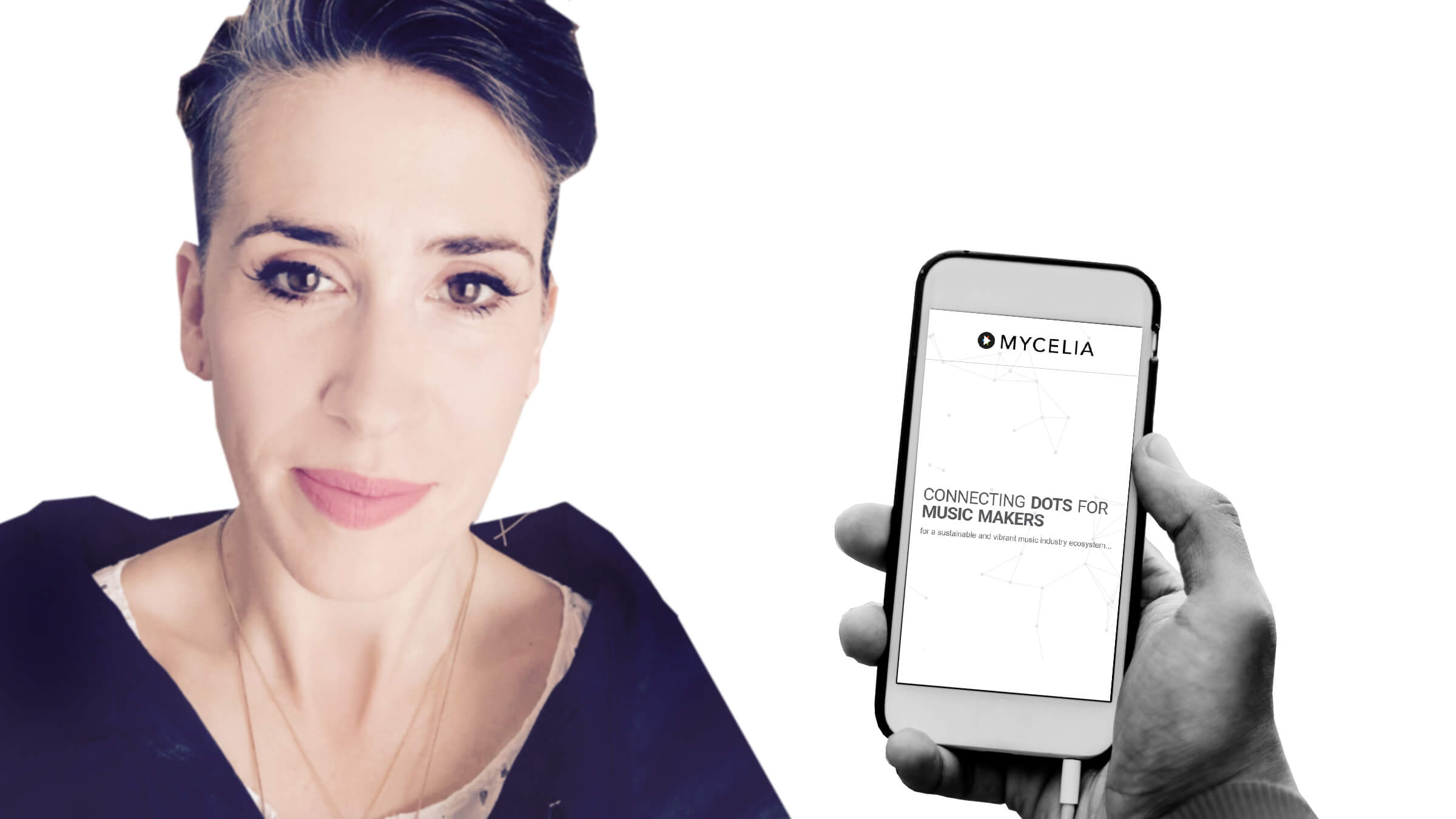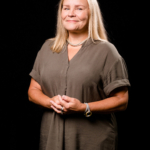While Spotify, YouTube and other streaming services have made music more accessible, they have also made it more difficult for music producers to receive payment for their work. Moreover, music producers increasingly struggle with managing their copyrights for content distributed through different services and with gaining access to listener statistics for their songs.
GRAMMY-winning musician Imogen Heap founded the Mycelia service to restore artists’ rights to their own data. Innovation fund Sitra will finance the technical finalisation of the service.
“A golden age of listening to music has been created through streaming services. The goal of Mycelia is to make it a golden age for making music, too,” says Tiina Härkönen, Sitra’s leading specialist in human-driven data economy.
Based on blockchain technology, Mycelia is a meeting place for music makers and businesses that buy their services, such as event producers and streaming services. The concept aims to become a digital identity standard for music makers as well as a digital network that facilitates cooperation between musicians and other operators in the music industry.
Music makers can use the service to create a digital Creative Passport that holds verified information about their personal profile, works, acknowledgements and associates among others.
In the future, the service could change the earning logic in the music industry by speeding up the accumulation of income from various sources and by allowing direct payments to artists from music listeners without any intermediaries. Simultaneously, artists can manage the rights to their works with less effort and utilise the listener statistics for their songs from multiple services.
“Mycelia is showing companies the way to a fairer data economy where music makers regain control of the use of their own data. The Creative Passport crosses the boundaries of currently established industries: in addition to musicians, it could serve photographers, journalists and other creative professionals. Moreover, it offers a service network to accommodate both creatives and buyers,” says Härkönen.
International misuse of personal data has raised concern in consumers. Sitra has launched several technical pilot projects to expedite new business approaches based on the fair use of data in many other industries, too. Since the use of data in Finland is largely governed by EU legislation, Sitra aims to provide a model for a fair data economy throughout Europe.
“Now is the time for Finnish and European businesses to restore consumer trust in service providers and to rewrite the rules of data use. In the future, small pioneer businesses can multiply their data quantities through fair operations and utilise that data in product development,” says Härkönen.
Imogen Heap will open the MyData 2019 conference held in Helsinki in September. Sitra is the main conference partner. The conference will bring the world’s leading data experts together to discuss and share solutions about more ethical approaches to personal data use. Read more about the conference.

